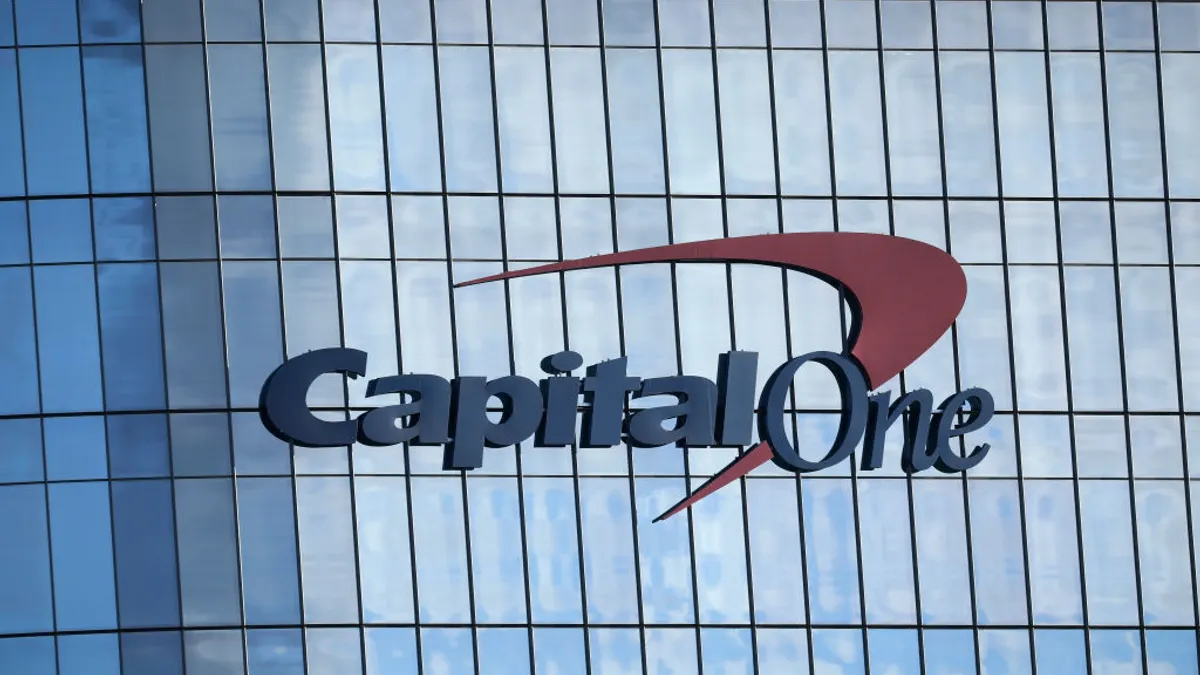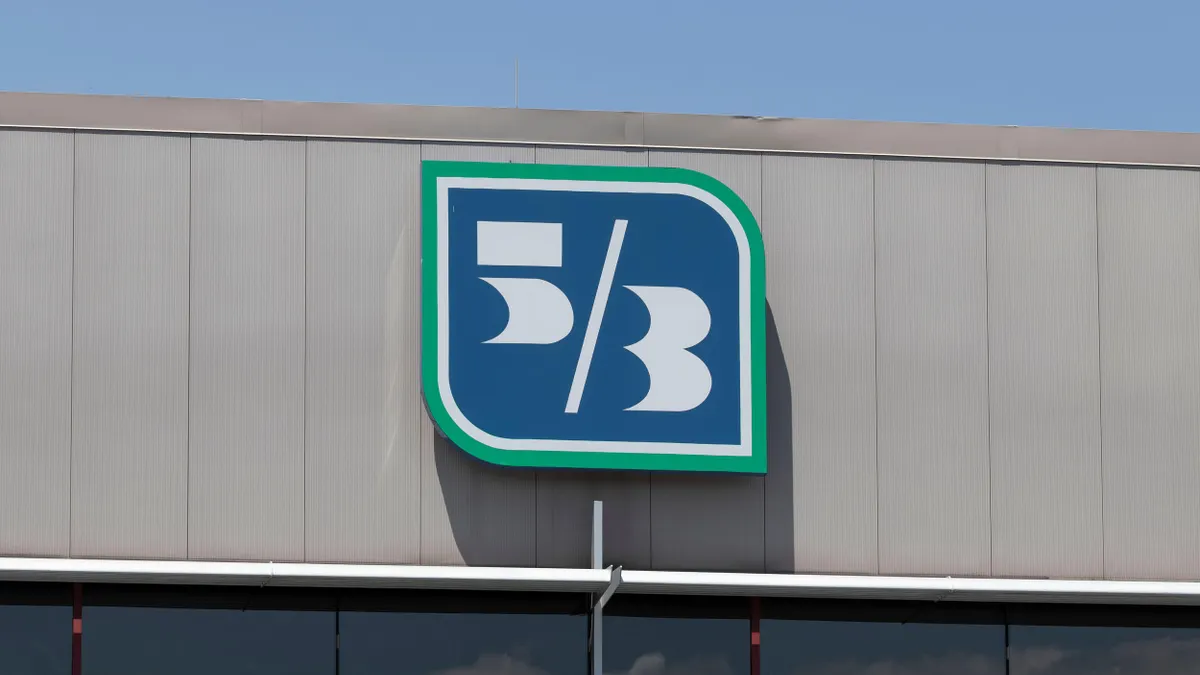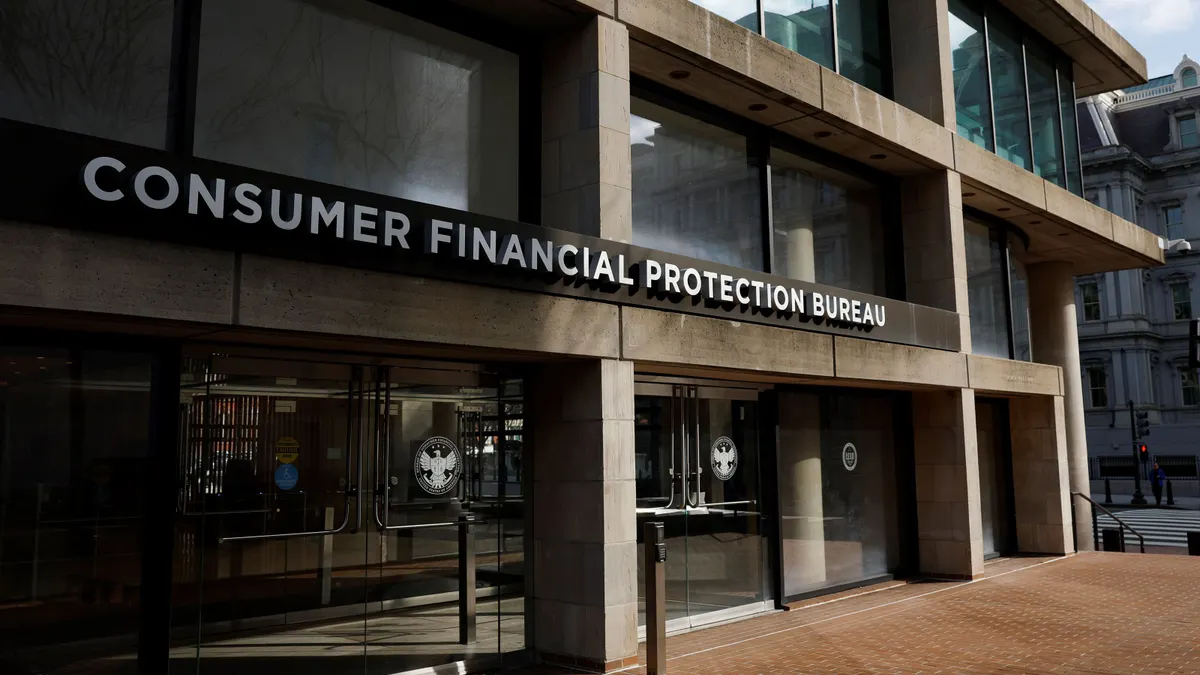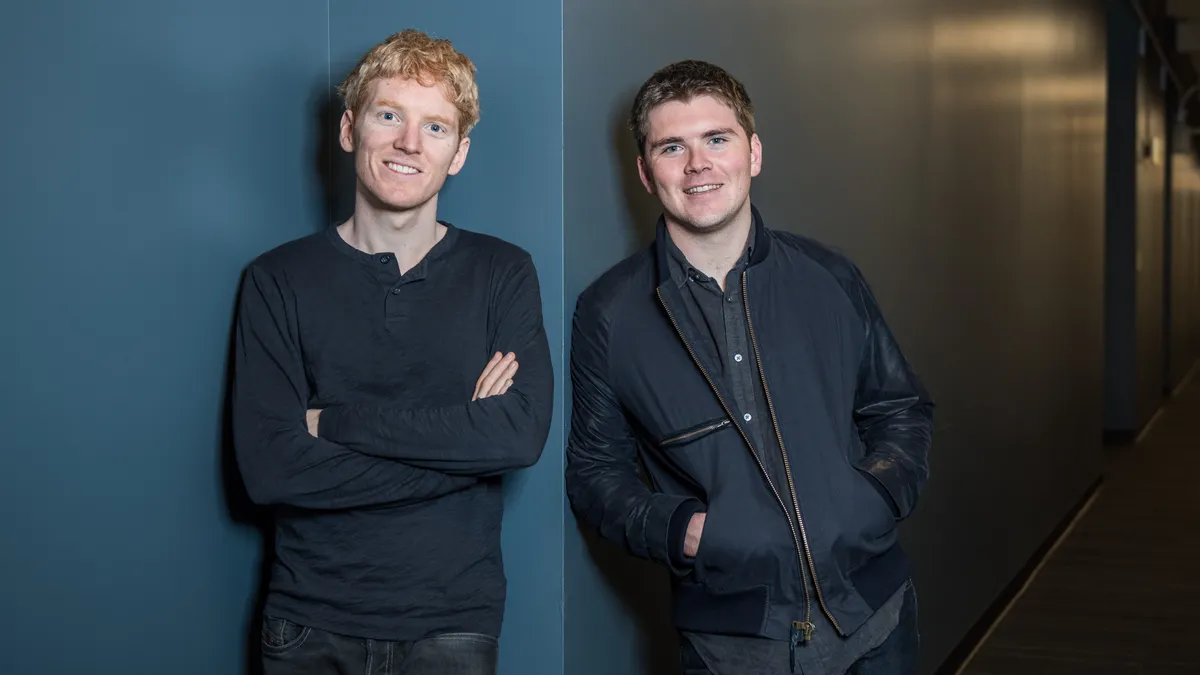Last week, an audience of housing advocates, public policy experts, government officials and journalists convened in Chicago for Capital One’s Pathways to Homeownership Summit.
The two-hour event Wednesday, which was standing-room-only, featured Capital One executives moderating panels with nonprofit executives and government officials at a West Loop boutique event space called Loft Lucia.
Panelists discussed various topics, including public-private partnerships to create affordable housing and regulatory barriers to its construction.
During the summit, Capital One offered glimpses of its roadmap for its $265 billion community benefits plan, which the bank announced in July 2024. Following its acquisition of Discover Financial Services in May, the company has been short on details about the plan.
At the event, Capital One and its philanthropic arm, the Capital One Foundation, announced a partnership with Lever for Change, a Chicago-based nonpartisan nonprofit, to request proposals for expanding access to affordable housing in the U.S. Through the “Scaling Pathways to Homeownership” initiative, the company pledged to provide $25 million to a group of organizations, according to a Wednesday press release.
Among the summit panelists were Lissette Castañeda, Chicago Department of Housing commissioner; Kristin Faust, executive director of the Illinois Housing Development Authority; Olivia Ortega, director of Housing Solutions in the office of Illinois Gov. J.B. Pritzker; and Sharon Legenza, executive director of Housing Action Illinois.
Capital One became the biggest issuer of payment cards in the U.S. with its absorption of Discover, which has been cutting employees as it integrates into the big bank. Last month, the bank disclosed plans in a regulatory filing to eliminate nearly 400 jobs at Discover’s headquarters in Riverwoods, Illinois.
As part of its request for proposals, Capital One seeks ideas that could increase access to affordable housing, including housing counseling, consumer education and for-sale housing production at scale, the company said in the release.
After reviewing the proposals, the company will give $200,000 to 10 finalists, providing them with resources to improve their proposals. Later, the bank will award five winning organizations $4.6 million each, with grantees will receiving the funds in Spring 2027.
Through the partnership with Lever for Change, the organizations that don’t make the final cut will be exposed to other potential funders within the nonprofit’s network, Shena Ashley, vice president of community impact and investment at Capital One, said in an interview after the event.
“To have large, $4.6 million grants going to five finalists, it's a larger-scale grant for us,” Ashley said. “We're going to get ideas from thousands of organizations across the country.”
The partnership marks Capital One’s first open call for proposals, Ashley said. The credit card giant usually does not accept unsolicited proposals from nonprofits. Instead, the company reaches out to organizations or receives recommendations from the charities it has previously funded, she added.
The card giant also announced that it had awarded $1 million to Reclaiming Chicago, a coalition of religious congregations, nonprofits and other community groups, to fund construction of homes on Chicago’s South and West Sides. The $1 million will be placed in Reclaiming Chicago’s construction capital fund for building 2,000 homes, Whittney Smith, deputy director and counsel for Lawndale Christian Development Corporation, said in an interview after the summit.
The organization is already building 80 homes on the city’s West Side, Smith said. Over the next five years, the coalition aims to finish building the 2,000 homes, said Shenita Muse, executive director of the Hope Center Foundation. Both the LCDC and the Hope Center Foundation are part of the coalition, which works through the United Power for Action organization, per the group’s website.
“That million-dollar contribution is going to be so meaningful to helping us get to scale,” Smith said. “It helps us really get to the level where we are truly impacting North Lawndale, Roseland, Back of the Yards, Chicago Lawn and making sure those residents have access to the beautiful, affordable, sustainable housing.”
A spokesperson for Capital One confirmed that the $1 million grant is part of its community benefits plan.






















